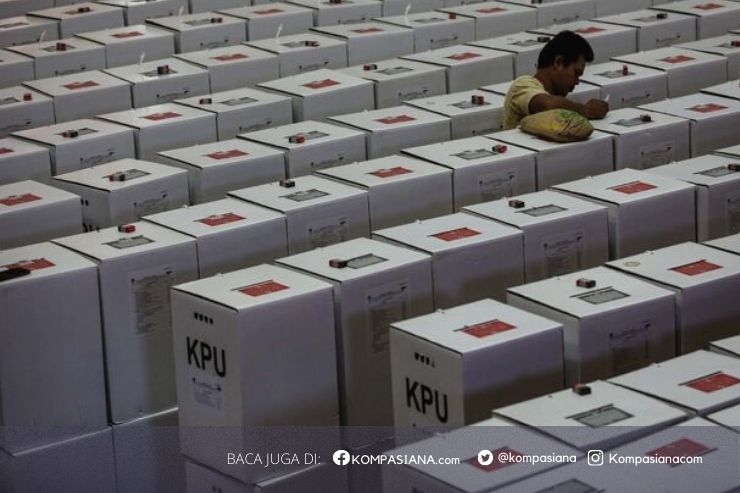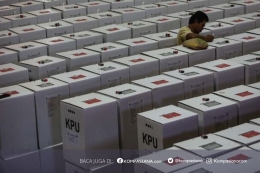The complexities of this issue highlight the need for ongoing dialogue and negotiation between Apple and the Indonesian government, with a view to finding a mutually beneficial solution that serves the interests of both parties.
One potential area of concern is the issue of tax planning and earnings management by multinational corporations like Apple. The differences between accounting and taxation financial statements can create opportunities for companies to engage in tax avoidance strategies, which may have negative implications for the tax revenue and public finances of the host country. The Indonesian government will need to carefully monitor and regulate the tax practices of companies operating within its borders, to ensure that the country's economic interests are adequately protected.
Indonesia firmly rejects Apple's investment, which is too small compared to Vietnam. Instead, the government is pursuing partnerships with technology companies that can make more substantial commitments and contribute more significantly to the country's economic development.
In the end, the relationship between Apple and the Indonesian government is a complex balancing act, where both parties must navigate the competing interests of economic growth, domestic industry protection, and regulatory oversight.
As the government of Indonesia, we must carefully weigh the potential benefits and risks of allowing Apple to operate in our country.
Apple is considered to only profit from the Indonesian market, it does not want to invest more in Indonesia. In addition, the TKDN requirement cannot be met by Apple, which means that Apple does not provide domestic benefits for Indonesia.
Rather than acquiescing to Apple's demands, the Indonesian government should firmly reject the company's investment proposal and instead focus its efforts on forging partnerships with technology firms that are willing to make more substantial and meaningful contributions to the country's economic development and prosperity.
The Indonesian government should take a firm stance against Apple's attempts to exploit the local market without making sufficient investments or concessions.
References
Asmara, T., Arimuladi, S. U., & Utama, Y. J. (2022). Investment dynamics in the emerging market: COVID-19 influence. In T. Asmara, S. U. Arimuladi, & Y. J. Utama, Journal of Governance and Regulation (Vol. 11, Issue 4, p. 90). Publishing house "Virtus Interpress." https://doi.org/10.22495/jgrv11i4art9
Dick, H., & Mulholland, J. (2016). The Politics of Corruption in Indonesia. In H. Dick & J. Mulholland, Georgetown journal of international affairs (Vol. 17, Issue 1, p. 43). Georgetown University Press. https://doi.org/10.1353/gia.2016.0012
Mawardati, Jamilah, J., & Syamni, G. (2021). The impact of the economic crisis on Indonesian palm oil exports: a long term simulation analysis. In Mawardati, J. Jamilah, & G. Syamni, IOP Conference Series Earth and Environmental Science (Vol. 694, Issue 1, p. 12012). IOP Publishing. https://doi.org/10.1088/1755-1315/694/1/012012
Putra, Febrianur Ibnu Fitroh Sukono, Budiantoro, R. A., Luxfiati, B. A., & Widawati, M. W. (2020). CONSUMER SATISFACTION BEHAVIOR WHOM PURCHASE CHINESE SMARTPHONE IN SOLORAYA. In Febrianur Ibnu Fitroh Sukono Putra, R. A. Budiantoro, B. A. Luxfiati, & M. W. Widawati, Jurnal
Aplikasi Manajemen (Vol. 18, Issue 3, p. 588). Brawijaya University. https://doi.org/10.21776/ub.jam.2020.018.03.19







